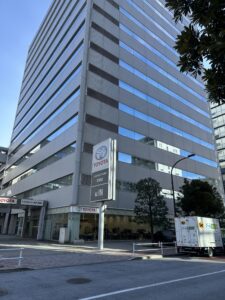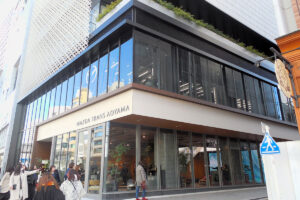
Employees of affiliated local sales companies were also victims.
Today, I will be visiting the Japan Fair Trade Commission (JFTC), and on Friday, I will be visiting Toyota Mobility Tokyo. I will also visit Toyota Mobility Tokyo on Friday, and I have been pointing out the “tying business” that the JFTC has been referring to since the Corona disaster.
A large number of delivery delays occurred mainly for minivan and SUV HV vehicles such as Alphard/Vellfirel, Landcruiser, Harrier HV, Meanwhile, Toyota Motor Corporation, unable to fulfill its responsibility to supply, has continued to threaten its affiliated local dealers, telling them to increase base earnings and that it would consider merging with competitors if their performance was poor.
Even if they succeeded in signing a deal, they could not deliver the vehicle. We have no choice but to press the customers to increase the value-added per vehicle.
They also have to make money on service, so they add a maintenance package. Toyota’s market measures are being taken in spite of the labor shortage.
Mechanics cannot even take a lunch break, and they cannot finish their work even if they work as much overtime as they can. Some of them even resort to fraud. Some even overcharge for agreed repair costs.
At some dealerships, management also reduces salesmen’s commissions in order to appeal to Toyota Motor Corporation about their apparent good performance.
What do you think? Ultimately, I believe that the warning issued to Toyota Mobility Tokyo, which is directly owned by Toyota Motor Corporation, was a “warning” to Toyota Motor Corporation by the JFTC as a “one-punishment, one-hundred-commandment” measure.
I believe that the users are the natural victims, as well as the employees of the local sales companies.
Text: Mitsugu Shinryo (Editor-in-Chief, Magazine X)
























